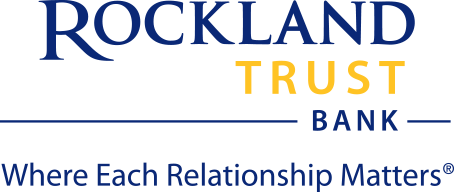

A trusted financial advisor is just that, a trusted member of your inner circle. Often times, a financial advisor becomes an extension of your family, so it’s important to ask the right questions when selecting one.
Some of the questions you need to ask yourself are:
Regardless of which path you choose to successfully manage your finances, there are also questions you need to ask potential advisors to help guide you through the complexities of financial services and the products available today.
We recommend asking questions that will help you decipher the broad diversity of services and products in the marketplace, the various fee structures, the credentialing of advisors and the type of oversight each provides.
Fee structures vary and are generally based on the agreed level of financial engagement. For example, if you only want to buy a few stocks then a transaction-based arrangement of paying a commission might be the most cost-effective method.
However, if you are interested in a financial road map as you head into retirement and want to have an advisor on hand to answer ongoing questions, then a fee-based financial engagement would be more optimal. The key is to understand what you will receive for the fees you will pay.
The following are the different ways that financial advisors and planners are compensated:
Don’t forget to ask yourself, what am I getting for this fee structure? For example, am I just buying a particular investment product or am I paying a comprehensive fee that will include comprehensive services?
A second crucial step in the advisor selection process is learning how the advisor is credentialed and regulated in today’s broad financial landscape. You want an advisor with reputable credentials including but not limited to:
Why is this important? Credentials signify that the person you are working with has obtained a level of proficiency on the subject matter by passing a standard examination. Often to maintain the designation, an advisor must adhere to an ethical standard and meet continuing education requirements.
Another aspect to consider is whether the advisor is held to a “best interest” standard or a “suitability” standard. If the advisor is held to a “fiduciary standard,” then he or she must make recommendations with your best interests in mind. An advisor who is not held to this type of fiduciary standard can make recommendations based on the suitability standard. For example, there could be two suitable investments but one carries a higher commission or fee for example. The advisor could offer you the services or product with the higher fee as long as they are suitable to your needs.
In this day and age of horror stories about unscrupulous financial advisors, you need to know who is overseeing your financial future. In other words, how are their products and services regulated? In some cases, activities are governed by the Securities and Exchange Commission (SEC), Federal Deposit Insurance Corporation (FDIC) or some other state agency. Do they need a license for the particular services and products they offer? Can you verify their credentials or check for complaints? Some useful starting places are checking a financial advisor’s record at Financial Industry Regulatory Authority (FINRA), the SEC, the Certified Financial Planner Board of Standards (CFP® Board) or other membership organizations.
Choosing a financial advisor is not a decision that should be taken lightly, but asking the right questions and doing some research will help you find someone you can trust. At the end of the day, the more confident you are with your advisor, the more confident you will be pursuing your long-term financial goals.
If you’re looking to learn more about our team of advisors, please visit our website.

Get the latest financial tips and advice by signing up to receive our emails.
Rockland Trust Online Banking gives you a variety of services that help you use and manage your accounts, whenever and wherever you want.
* indicates a required field.
Rockland Trust makes it easy to manage all of your accounts with our simple online portals.
Rockland Trust gives you a variety of services that help you use and manage your accounts, whenever and wherever you want.
* indicates a required field.



